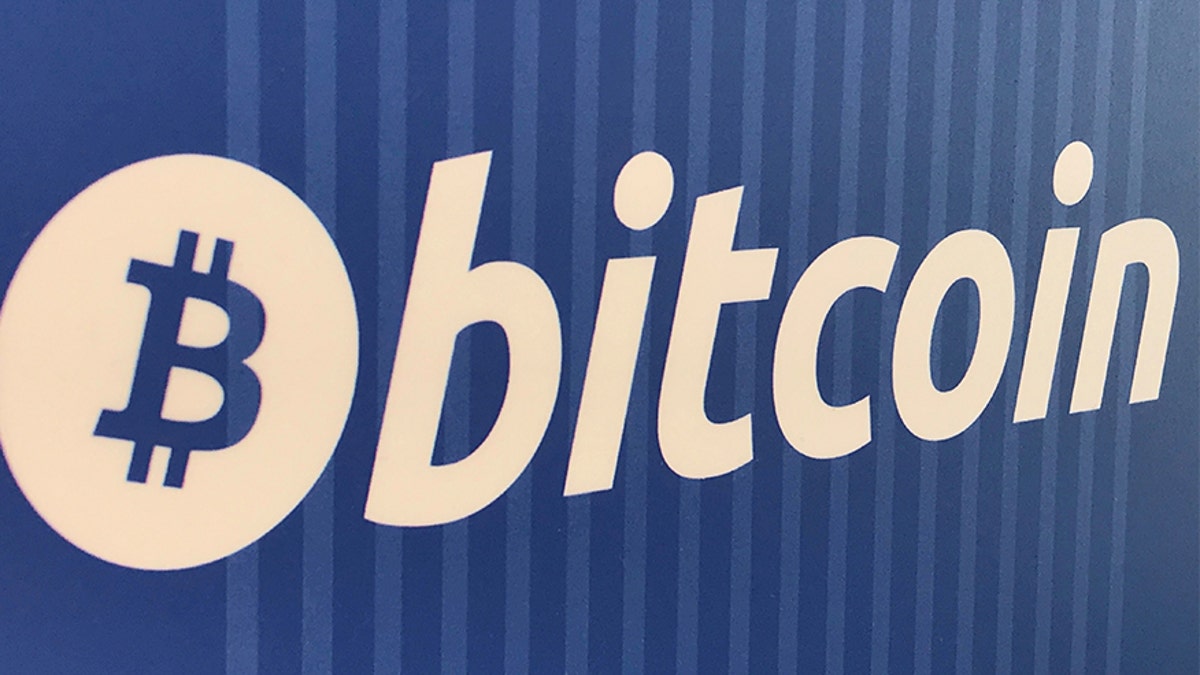
A Bitcoin logo is seen on a cryptocurrency ATM. (Reuters)
Bitcoin’s backers are adamant that Facebook Inc.’s coming digital currency, Libra, won’t spell the demise of other cryptocurrencies. To the contrary, many believe the launch of Libra spells opportunity.
On Tuesday, Facebook released the details on Libra, which the social-media giant is building and will manage through a consortium that includes Visa Inc., Uber Technologies Inc. and more than two dozen other companies. The corporate element marks a contrast with bitcoin, which was created a decade ago by an anonymous coder and has been developed by a loosely aligned, sometimes fractious, group of programmers and entrepreneurs.
That is one of the reasons that supporters of bitcoin and other cryptocurrencies believe the introduction of Libra is likely to be good for their currencies. Many think the Facebook initiative will raise awareness about a concept that is still hazy for a lot of people around the world without seriously diluting the elements that make cryptocurrencies appealing to their users. Others say Facebook will struggle to overcome privacy concerns that are at the heart of bitcoin’s appeal.
“Facebook is about to introduce hundreds of millions, maybe billions, of people to the concept of cryptocurrencies,” said Andy Bromberg, the founder of CoinList, a platform for startups raising capital via token offerings. “It’s hard to think of a better accelerant.”
Bitcoin, unveiled 10 years ago, reset a trend in private currencies that had died out after the 19th century. Bitcoin was designed to create a currency where trust was based on the validity of the software itself. No bank or government controls bitcoin, and anybody can use it or contribute to its development. Today, there are about 2,000 independent cryptocurrencies, and companies as large as JPMorgan Chase & Co. have been developing their own versions.
Libra is technically a cryptocurrency, but a very different one. Its development was a closely guarded secret inside Facebook’s offices. Its value will be guaranteed by Facebook and its partners, a closed network where membership costs $10 million. One thing neither bitcoin nor its crypto peers have though: a user base that numbers in the billions.
“They’re in a great place to stimulate demand for the coin in a way we haven’t seen anybody do,” said Jalak Jobanputra, founder of venture-capital firm Future\Perfect Ventures. “This could be the first broad-based use of a digital coin as a payments mechanism.”
Bitcoin has extended its 2019 gains since The Wall Street Journal reported on Libra’s details. Tuesday morning, bitcoin was trading at around $9,190, up about 12% since Thursday.
The gains reflect many factors, possibly including the belief by bitcoin’s backers that the exposure for Libra will outweigh any competitive battles. Mati Greenspan, a crypto analyst at brokerage firm eToro, ran a poll on Twitter, and most respondents said they thought Libra would be good for the crypto industry. “People felt like it’d be bullish,” he said.
It is possible bitcoin’s backers are being naive about the new competitor. “The crypto market likes to take all news as good news,” Mr. Greenspan said. Facebook will cast a large shadow over the sector. The total market value of the more than 2,000 cryptocurrencies trading is about $286 billion, according to CoinMarketCap. Facebook’s market capitalization is $539 billion.
Bitcoin versus Libra could be a fight over privacy too. Bitcoin, by design, doesn’t require any identification to use it; in that respect, it is the digital equivalent of physical cash. Facebook, meanwhile, collects a tremendous amount of information about its users, and has a checkered history of protecting it. For bitcoiners, it is a clear line of demarcation between their currency and Libra.
“Does this keep giving more power to a company that has abused our data?” Ms. Jobanputra said.
Facebook didn’t reply to a request for comment.
This story originally appeared in The Wall Street Journal.
